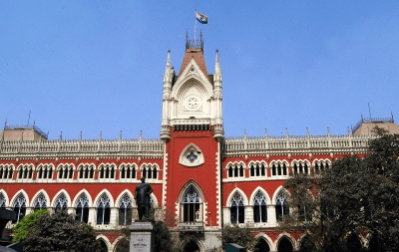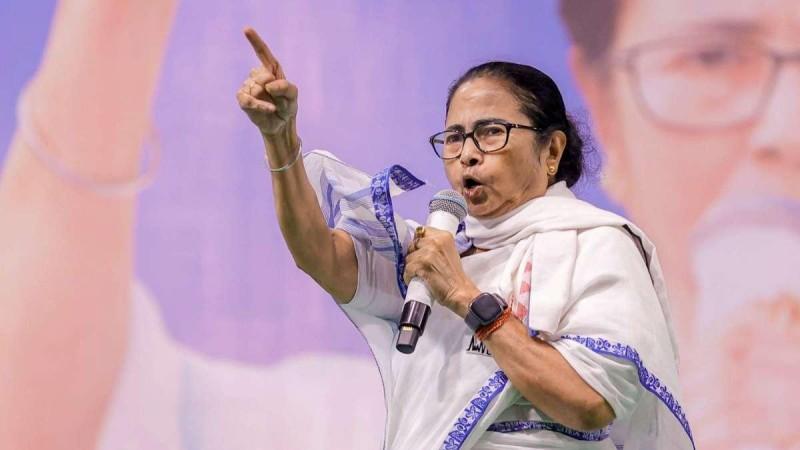
The Calcutta High Court on Wednesday pronounced its explosive judgement in the case Amal Chandra Das vs The State of West Bengal & Others, striking down the notification of 37 sub-classifications of OBC's and issuance of OBC certificates post 2010 for appointments in government services.
Justices Tapabrata Chakraborty and Rajasekhar Mantha, of the Calcutta High Court division bench delivered the judgement of over 200 pages in the PIL case. The main challenge raised was on the procedural aspects and scope of granting OBC status to certain sections within West Bengal.

Background
Essentially, the Court took up a batch of Public Interest Litigations (PILs) challenging the identification and classification of 77 classes as Other Backward Classes (OBCs) in the State of West Bengal. Besides, the petitioners challenged the constitutional scope and validity of some provisions of West Bengal Backward Classes, (Other than SC and ST) (Reservation in Posts) Act of 2012, wherein these classes could avail of reservations in government jobs.
Submissions of the Petitioner, the State, West Bengal Commission for Backward Classes and the National Commission for Backward Classes were all filed and considered as part of the proceedings.
Executive over-reach and role of West Bengal Commission for Backward Classes
The main contention in this case was that the state's executive exercised arbitrary discretion in notifying OBC classes from 2010 onwards, without observing due process, consultation and receiving objective recommendations from the West Bengal Commission for Backward Classes ('Commission').
In 1992, all States and the Central Government in India were directed by the Supreme Court "to set up a Tribunal or Commission to aid and assist in the identification of OBCs for reservation and or special benefits under Article 16(4) of the Constitution of India." To give effect to this, the West Bengal Commission for Backward Classes Act of 1993 was enacted.
Based on the facts, the Court said, "Between 1994-2009 (15 years), on the recommendation of the Commission, the State included 66 classes as OBCs which comprised in both Hindu(54) and Muslim (12) Communities." The Commission is said to have played its part in the process as per the law.
However, "between 2010 and 2012, seven Executive Orders/Memoranda were issued by the State" regarding the inclusion of 77 groups and 37 sub-classes within the OBC category, where the involvement and consultation of the Commission was called into question, due to alleged communal bias.
Some key observations of the HC and its final conclusion:
On reservation in government appointments: "Citizens from the said 77 classes and 37 classes (illegally sub-categorised) cannot be appointed under the State services or derive any other benefit of any reservation, under the Act of 2012 or any executive orders."
Nothing further can be done here "until the Commission and the State conduct fresh exercise for the purposes." However, the Court allowed for those already engaged in government services prior to 2010 to remain unaffected.
More significantly, the 37 sub-classifications of OBC's by the State executive, are to be struck down from the Act of 2012 on government reservations, thereby removing their OBC status.
Lastly, the 66 classes earlier notified will continue to enjoy a 7% percentage of reservation.
Settling the issue of executive over-reach: The Court held that "The consultation with the Commission is mandatory both for the purposes of sub-classification of the OBCs and determining the percentage of reservation for the Classes or the Sub Classes." The opinion and advice of the Commission is therefore "ordinarily binding on the State legislature."
On the need for objectivity in OBC classification: The HC held that "objective factors and criteria" and "what is the factual representation of a class in the services under the State" are important. "Neither of which has unfortunately been done by the Commission, in the present case, as clearly evident from its reports." It noted that "Religion indeed appears to have been the sole criterion for declaring these communities as OBCs." The Court expressed its concern that it "is not free from doubt that the said community has been treated as a commodity for political ends."
Impact:
It has been estimated that five lakh OBC certificates will stand cancelled because of the judgement. Despite West Bengal CM and Trinamool Congress (TMC) leader Mamta Banerjee's refusal to accept the order, the judgment could have serious effect during the 6th phase of voting, with 8 constituencies of the state going to polls on 25th May 2024.
The Court, closed its case by stressing on the need for "adopting contextual interpretation", "strict adherence to the rule of law" and preserving the "constitutional guarantee of fairness and reasonableness."
The issue has become more relevant as it raises crucial question of separation of powers between executve and the legislature in framing administrative law. But at macro level, it speaks of larger issues of how the social inclusion mandate, using the governments machinery and "legislative policy," needs to be improved.
As expected, the issue has already sparked heated debate pertaining to the issue of reservations in India.

















